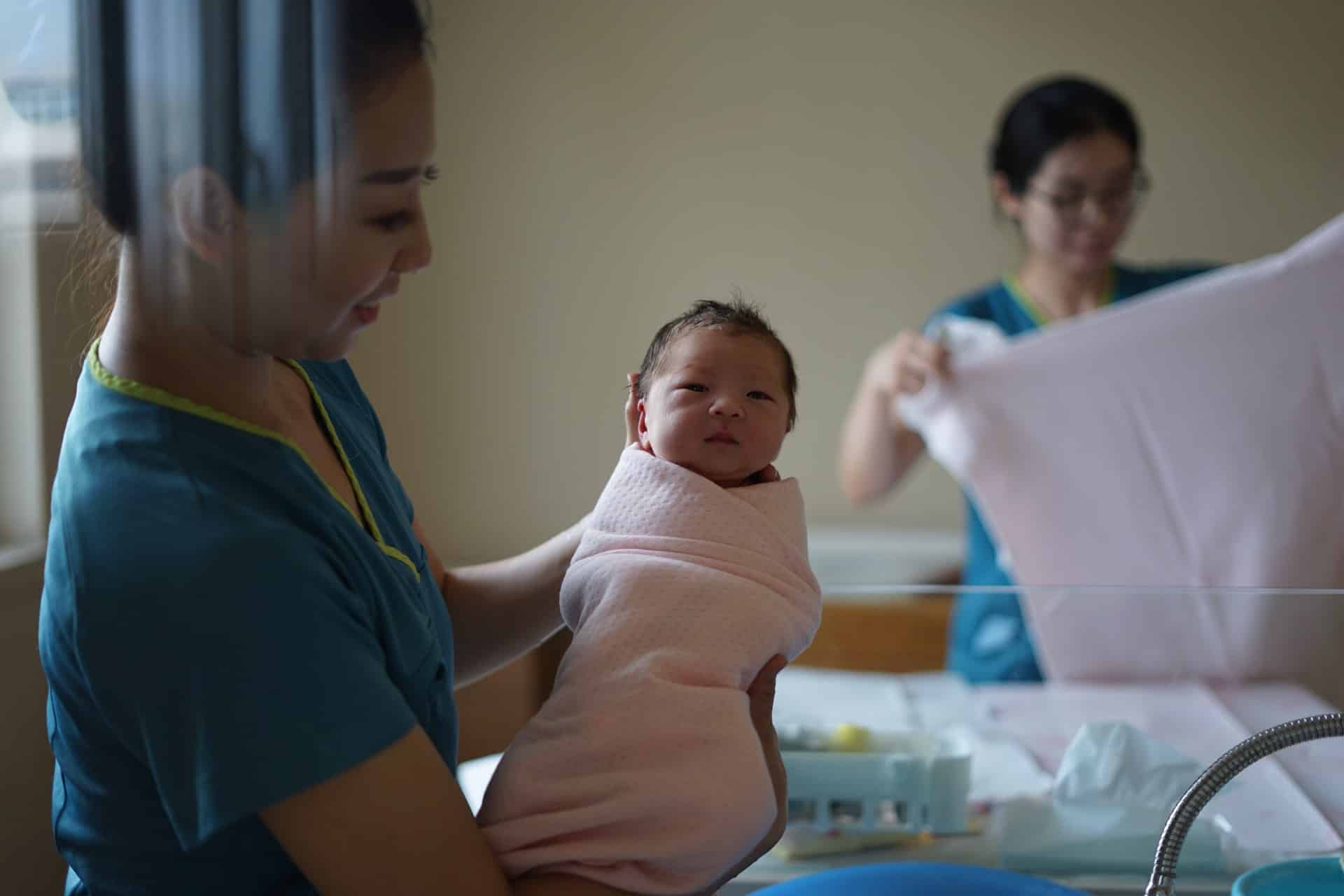The gender wage gap is an often-discussed statistic in Canada and around the world. There are a lot of reasons that may contribute to any observed disparities between the genders, and some factors can be controlled by employers more than others. To avoid the potential negative consequences of gender bias or discrimination, some employers opt to put policies in place that are aimed at stopping the bias or discrimination from the start.
This blog discusses the gender wage gap in Canada before diving into a recent case before the Ontario Court of Appeal that acknowledges the wage disparity in the healthcare sector.
Ontario Midwives Alleged Gender Discrimination
The Ontario Court of Appeal’s decision in Ontario (Health) v Association of Ontario Midwives centres around a human rights complaint alleging systemic gender discrimination. The Association of Ontario Midwives brought the complaint on behalf of 800 of its midwives against the Ministry of Health and Long-Term Care in relation to their compensation practices between 1993 to 2013.
Sections 3, 5, and 9 of Ontario’s Human Rights Code formed the basis of their claim. These sections provide the following:
3 Every person having legal capacity has a right to contract on equal terms without discrimination because of race, ancestry, place of origin, colour, ethnic origin, citizenship, creed, sex, sexual orientation, gender identity, gender expression, age, marital status, family status or disability.
5 (1) Every person has a right to equal treatment with respect to employment without discrimination because of race, ancestry, place of origin, colour, ethnic origin, citizenship, creed, sex, sexual orientation, gender identity, gender expression, age, record of offences, marital status, family status or disability.
9 No person shall infringe or do, directly or indirectly, anything that infringes a right under this Part [emphasis added].
Midwives’ Compensation was at Risk of Discrimination in 2010
The adjudicator at the Human Rights Tribunal of Ontario determined that starting in 2005, the Ministry began to withdraw to principles it had agreed to in 1993. These principles were found to help shield the compensation structure of the midwives from gender discrimination.
In 2010, a joint commission had recommended a 20 percent compensation increase for midwives. The Ministry explicitly rejected the previously established principles. It also declined to replace them with new principles to protect the compensation structure from gender discrimination. The Adjudicator considered the significant compensation gap thereafter as compared to certain family physicians, deemed the male counterpart in the analysis. In her reasons, she stated, “[t]he negative effects of gender on the compensation of sex-segregated workers are well known.”
The Ministry was found liable for discrimination under the Ontario Human Rights Code. The midwives were awarded $7,500 each for injury to dignity, feelings, and self-respect. Additionally, the midwives were awarded a 20% increase in compensation, dating back to 2011. The Ministry appealed to the Division Court for judicial review, but its action was dismissed. The Ministry then appealed to the Ontario Court of Appeal.
The Court of Appeal Found that Gender was a Factor in Compensation Decisions
In dismissing the Ministry’s appeal, the Ontario Court of Appeal agreed with the Adjudicator’s analysis of events in coming to her conclusion that the midwives had been discriminated against. Additionally, her finding that gender was a factor considered in the development of the 1993 principles was deemed reasonable given that they corresponded with the Pay Equity Act.
The Ministry had ultimately failed to rebut the fact that gender was “a factor” in the compensation discrepancy between midwives and the comparator group. The following facts were persuasive in the finding of discrimination, to which the Ministry provided no expert evidence to the contrary:
- in 1993, the parties agreed to equitable compensation principles that were designed to ensure that midwives’ compensation was not affected by harmful assumptions and stereotypes concerning the value of women’s work;
- the 1993 principles were connected, if not imbued, with gender;
- the 1993 principles were affirmed in [a report] in 2004;
- by 2010 there was a significant compensation gap between midwives and their comparators, inconsistent with the 1993 principles; and
- despite the 1993 principles being reinforced yet again under the jointly commissioned Courtyard Report, the [Ministry of Health] turned its back on the principles and did not substitute them with a new methodology for determining the appropriate and fair compensation of midwives.
It is true that women have comprised more than 50 percent of family physicians since 2001, with this figure surpassing that of men in 2004. However, the midwives had been compared to a specific group of family physicians that remained more than 50 percent in 2013.
What To Do If You’ve Been Discriminated Against Based on Your Gender
Employees who believe they may have been discriminated against on the basis of their gender may want to consider filing an application with the Human Rights Tribunal of Ontario. The Human Rights Tribunal can only consider claims that fall within the Ontario Human Rights Code. Note that applications must be filed within one year of when the alleged discrimination occurred, or when the last instance of discrimination occurred (in the case of repeated events).
The application includes several questions to ascertain that the matter can actually be heard by the Human Rights Tribunal. These questions will include what protected ground in the Human Rights Code the employee believes was infringed, what the employee wants to have happen to resolve their application, whether the employee wants to see change in the employer’s policies or practices, and whether complaints have been filed with other legal bodies about the alleged discrimination.
Contact the Lawyers at Tierney Stauffer LLP in Ottawa, North Bay, and Eastern Ontario if You’ve Been Unfairly Compensated
At Tierney Stauffer LLP, our employment lawyers provide knowledgeable advice and representation to employees on their parental leave rights and entitlements. To schedule a consultation about your employment matter, contact us online or call us at 1-888-799-8057.
